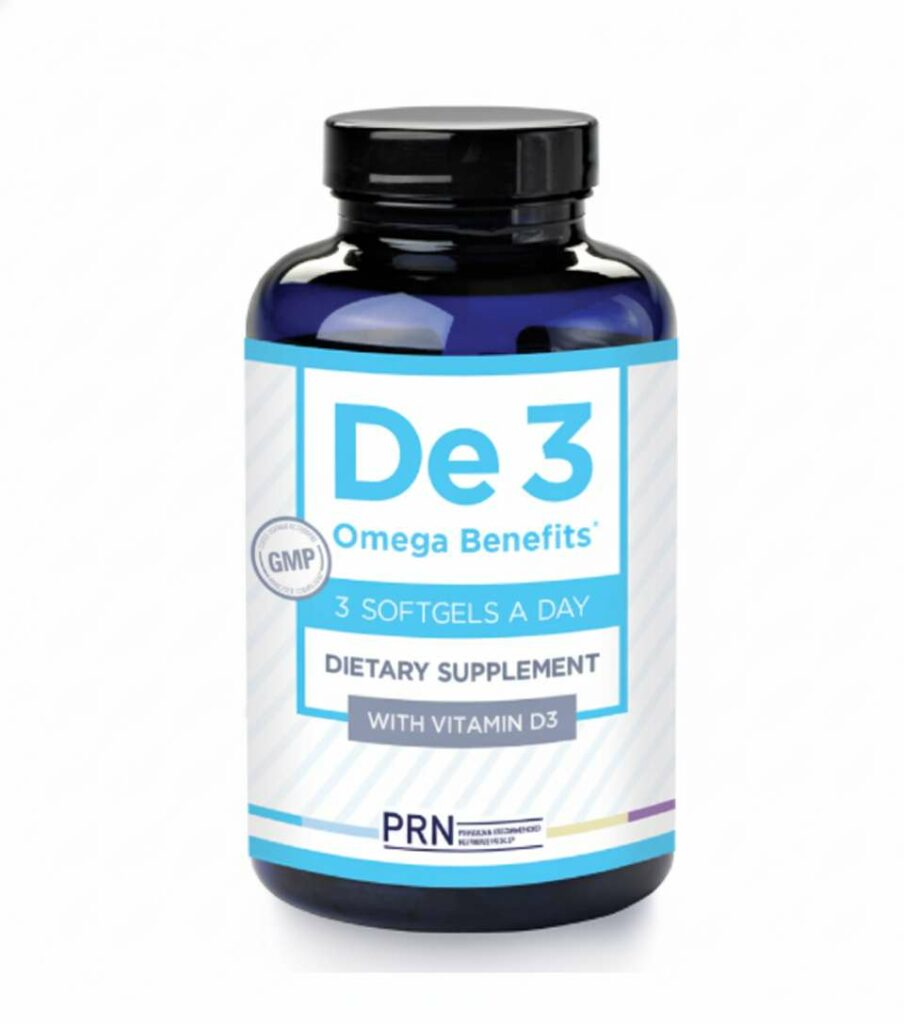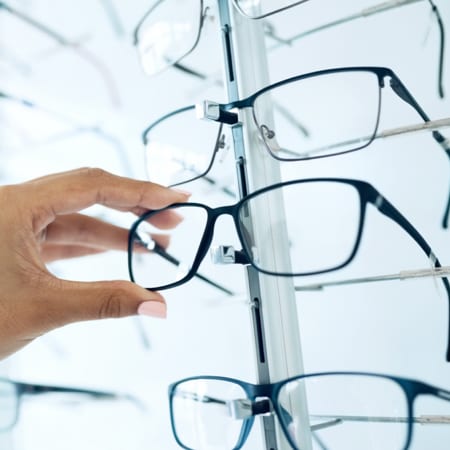Your eyes feel scratchy, burn when you blink, and screen time has become uncomfortable. These symptoms point to dry eye syndrome, a condition that affects millions of people and can significantly impact your daily comfort. Understanding the nutritional support available through comprehensive eye care can make a meaningful difference in your symptoms.
Several vitamins can help improve dry eye symptoms, including vitamin A for tear film protection, B vitamins for nerve health, vitamin D for reducing inflammation, and omega-3 fatty acids for oil layer stability.
Why Your Eyes Feel Dry & How Vitamins Can Help
Dry eye syndrome occurs when your tears don’t provide enough lubrication for your eyes. This happens either because you don’t produce enough tears or because your tears evaporate too quickly due to poor quality.
Certain vitamins support healthy tear production and help maintain the delicate balance your eyes need. Common dry eye symptoms include:
- Burning or stinging sensations
- Gritty feeling in your eyes
- Difficulty reading or looking at screens
- Eye redness or irritation
Vitamin A for Tear Film Protection
Vitamin A plays a key role in maintaining healthy mucous membranes, including those in your eyes. This vitamin helps improve the quality of your tear film and protects the surface of your eyes from damage.
When you don’t get enough vitamin A, your eyes can become dry and more susceptible to infection. This nutrient also supports the production of mucin, a component that helps tears stick to your eye’s surface.
How Much Vitamin A You Need
Most adults benefit from around 5,000 IU of vitamin A daily for eye health support. You should avoid taking more than 10,000 IU daily unless supervised by a healthcare provider.
Too much vitamin A can cause toxicity symptoms, so it’s important to follow recommended dosages.
Food Sources & Supplement Options
You can find vitamin A in orange and yellow vegetables like carrots, sweet potatoes, and bell peppers. Dark leafy greens such as spinach and kale also contain high amounts of this nutrient.
If you prefer supplements, look for products that contain both retinol and beta-carotene forms of vitamin A.
B Vitamins That Support Eye Comfort
Vitamin B12 for Nerve Health
Vitamin B12 helps repair damaged corneal nerves, which can reduce burning and stinging sensations in your eyes. This vitamin is particularly helpful if your dry eyes feel painful or overly sensitive.
Many people with dry eye syndrome have underlying nerve inflammation that B12 can help address.
Other B Vitamins for Dry Eyes
Vitamin B6 supports healthy tear film production by helping your body process proteins needed for eye health. Vitamin B2 (riboflavin) acts as an antioxidant that protects your eye cells from damage.
You can get these B vitamins from whole grains, eggs, dairy products, and lean meats.

Vitamin D & Omega-3 Fatty Acids
Vitamin D Reduces Eye Surface Inflammation
Vitamin D helps reduce inflammation on your eye’s surface, which can improve how well lubricating eye drops work. Many people with dry eyes have low vitamin D levels.
This vitamin also supports your immune system’s ability to manage inflammation throughout your body, including in your eyes.
Omega-3s for Oil Layer Stability
High-quality omega-3 supplements play an important role in stabilizing the oil layer of your tear film, helping to reduce evaporation and dryness. These healthy fats also support overall eye surface comfort by reducing inflammation in the meibomian glands.
For best results, choose a re-esterified triglyceride (rTG) form of omega-3 rather than standard fish oil. This purified form offers better absorption and bioavailability, ensuring your body can use more of the beneficial EPA and DHA fatty acids. Talk to your optometrist before starting supplements to ensure you’re taking a high-quality, clinically supported product appropriate for your needs.
Additional Nutrients That Help Dry Eyes
Lutein & Zeaxanthin
These powerful antioxidants concentrate in the retina and help protect eye cells from oxidative stress and age-related changes. You can find them naturally in leafy green vegetables like spinach, kale, and collard greens.
Lutein and zeaxanthin also act as natural light filters, helping to reduce glare and visual fatigue from prolonged screen use. While research continues on their role in filtering blue light, they are well-recognized for supporting overall retinal health and visual comfort.
Zinc for Vitamin A Transport
Zinc helps transport vitamin A from your liver to your eyes, where it’s needed for healthy vision and tear production. Without enough zinc, your body can’t use vitamin A effectively.
Good sources of zinc include oysters, beef, pumpkin seeds, and chickpeas.
Professional Dry Eye Treatment in Woodstock ON
While vitamins can provide valuable support for dry eyes, comprehensive professional care often delivers more significant relief. At Woodstock Vision Care, we offer thorough dry eye assessments that identify the specific causes of your symptoms and create personalized treatment plans.
PRN Omega-3 Supplements
We offer PRN omega-3 supplements formulated specifically to support dry eye relief and overall ocular surface health. These pharmaceutical-grade supplements provide consistent dosing, high purity, and optimal absorption for effective results.
Our team can help you determine the right dosage and ensure you’re choosing a clinically proven formulation that fits your individual needs. PRN supplements are available directly through our clinic and online for convenient reordering.
Combining Vitamins with Professional Treatment
Nutritional support works alongside other dry eye therapies like artificial tears, warm compresses, and prescription treatments. This comprehensive approach addresses multiple aspects of dry eye syndrome for more effective relief.
We help you integrate vitamin supplementation with other treatments to maximize your comfort and eye health.
When to Seek Professional Care
Some dry eye symptoms require professional evaluation and treatment beyond vitamin supplementation. You should schedule an eye care appointment if you experience any of these warning signs:
- Sudden vision changes
- Severe eye redness
- Worsening eye pain
- Symptoms that don’t improve with home care
At Woodstock Vision Care we offer comprehensive dry eye treatment that combines modern technology with personalized care. Our team can help you develop a complete treatment plan that includes appropriate vitamin supplementation alongside professional therapies.
Book your appointment online today and take the first step toward more comfortable, healthier eyes.
















